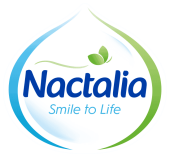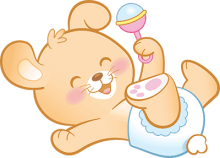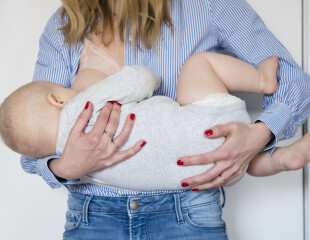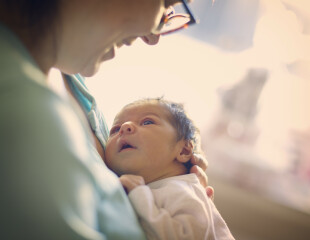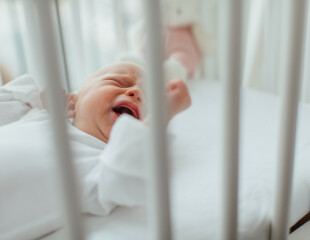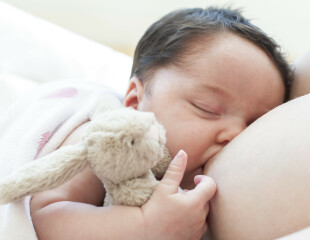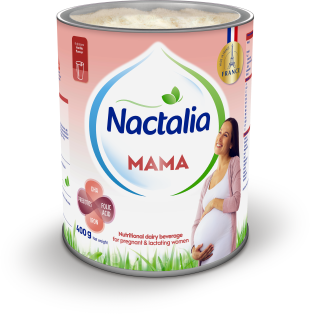
Misconceptions around breastfeeding
Breastfeeding prompts many questions, and quite a lot of concern, in many mothers…but it is first and foremost an excellent way of ensuring optimum growth for baby, strengthening the bond with them and protecting them from infections and allergies. Let’s go through each point and separate fact from fiction when it comes to breastfeeding!
Breastfeeding makes you tired?
Maternity in general is a source of tiredness… The end of pregnancy marks the beginning of a brand new life which is just starting. Short nights, unpredictable situations, moments plagued by doubt… a new kind of existence to adapt to!
True, it does mean your presence is required at night. You’ll need to make up for that by resting or taking a nap in the day. And make the most of this special skin to skin time, which you can share with baby as much as you like, to get to know each other and strengthen the bond between you.
Given that with breastfeeding there is no need to sterilise, buy formula, heat up bottles, it looks like a less restrictive option, doesn’t it?
And at the end of the feed, prolactin is released, a hormone that makes mothers fall to into a deep, restful sleep, as is oxytocin which soothes, reduces stress and increase pain tolerance. What more could you ask for?
Breastfeeding is painful?
Your nipples are sensitive and it’s something you’ve never done before. If you really experience pain, or at least an unpleasant sensation, you need to consult with a specialist to find out what might be causing it.
During the feed, check that baby is in the right position: the nipple should be placed towards the back of their wide-open mouth to avoid the friction that causes pain.
Don’t hesitate to apply a bit of milk onto your nipple, or an oily substance with healing properties. Avoid wearing bras that are too tight or damp breast pads for a long time and avoid products that dry out the skin.
Breastfeeding damages breasts?
Breastfeeding is not responsible any change in the appearance of your breasts. Pregnancy and passing time are much more likely to be the cause. Breasts become less firm as we age. After pregnancy, you may observe a reduction in the volume of your breasts.

EXPERT ADVICE: how to take of your breasts during breastfeeding?
– There is no point in washing your chest at the end of each feed as you risk replacing your own natural smell with the smell of soap! Baby may well not appreciate this…
– Opt for fragrance-free cleansing products.
– Apply milk to your nipples after the feed.
– Wear a nursing bra: breasts should be supported, not compressed.
Breastfeeding excludes Dad?
Dad is of course invited to baby’s breastfeeding sessions! They are precious moments to enjoy together as a family, in peace. Dad can also stimulate baby to ensure they don’t drop off, help baby latch onto the breast more effectively and join in with cuddles of course!
If Mum is expressing her milk, Dad can help by giving baby their bottle!
Breast milk isn’t sufficiently nourishing?
Completely untrue! It is the most natural food there is and breast milk is ideally suited to baby’s development. If they are not gaining weight, it is not because of the quality of the milk, but rather the quantity being ingested. Check that baby is in the correct position and that they are suckling effectively and for as long and often as they need.
Note: the vast majority of women produce sufficient milk to feed their baby, regardless of their breast size.
